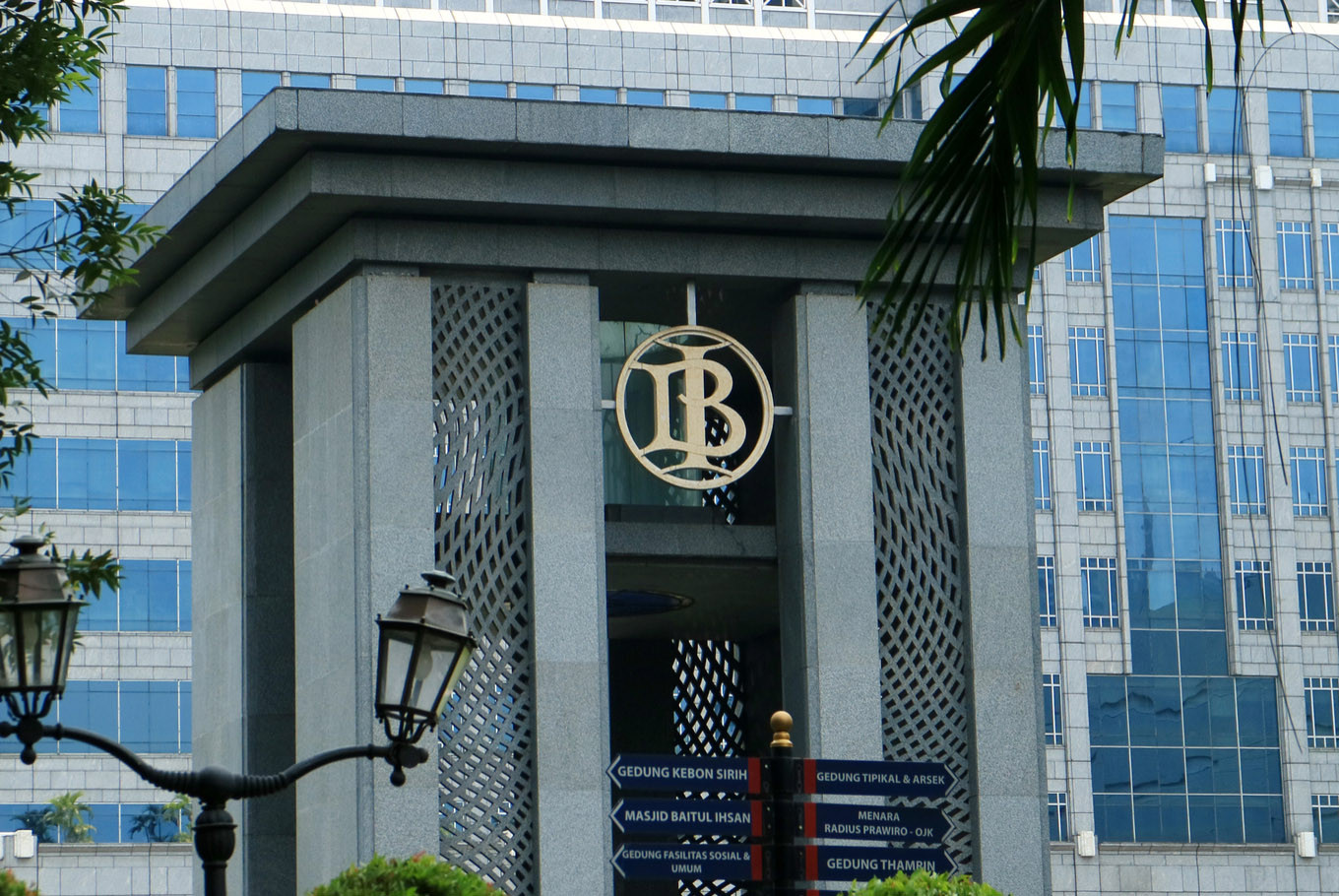Popular Reads
Top Results
Can't find what you're looking for?
View all search resultsPopular Reads
Top Results
Can't find what you're looking for?
View all search resultsBoost to our forex reserves
Change text size
Gift Premium Articles
to Anyone
T
he US$3.5 billion boost to Bank Indonesia’s foreign exchange (forex) reserves in June that was a sharp contrast to the $3.9 billion fall in May should be attributed to the virtuous cycle in the economy generated by the strengthening of macroeconomic and political stability.
Even though $1.5 billion of the forex stockpile increase last month was derived from government global bond issuance, the $2 billion in new portfolio capital inflow was quite significant and could become a confidence-building tool for the economic outlook after the confirmed reelection of President Joko “Jokowi” Widodo for a second term.
The $123.8 billion of forex reserves as of the end of June that, according to Bahana Securities analysts, was adequate for almost seven months of imports and foreign debt payments would help the central bank manage the forex market amid heightened global market uncertainty.
The forex stockpile would also be an adequate buffer in coping with any sudden attacks on the rupiah, thus maintaining currency stability. Given the heavy dependence on imports for many basic necessities, notably oil and industrial materials, a stable rupiah would contribute greatly to checking inflationary pressures.
Low inflation is another key ingredient of the virtuous cycle because general price stability protects the purchasing power of consumers who are still the main driver of economic growth. Low inflation will also help the central bank maintain a stable exchange rate and lower its benchmark policy rate to reinvigorate economic activity.
True, the export outlook is rather dim this year and commodity prices will remain weak because of global economic uncertainty and the trade war between the world’s economic powerhouses. Nevertheless, we still expect a steady strengthening of our foreign reserve buffer, not only because of strong investor confidence in our economy but also because of stronger rules to force exporters to put their forex export earnings in local banks.
Last November, the government enacted a regulation requiring exporters to repatriate export earnings and put them into special accounts in domestic forex banks and thus into the domestic financial system. But they are not obliged to convert their export earnings into rupiah and they are still free to use their forex earnings for foreign borrowing and imports.
The government sweetened the rule with fiscal incentives in the form of lower taxes of 5 to 7.5 percent on the interest income from forex earnings that are converted into one to three-month rupiah deposits. If forex earnings are converted into rupiah time deposits of six months the income is exempt from tax. This is quite generous because the interest income from rupiah deposits is subject to a final tax of 20 percent.
The Finance Ministry strengthened the regulation last week with penalties: Exporters failing to put their forex earnings in escrow accounts in local banks within three months after export at the latest will have their export permits delayed or fined by 0.5 percent of their total forex export earnings.










